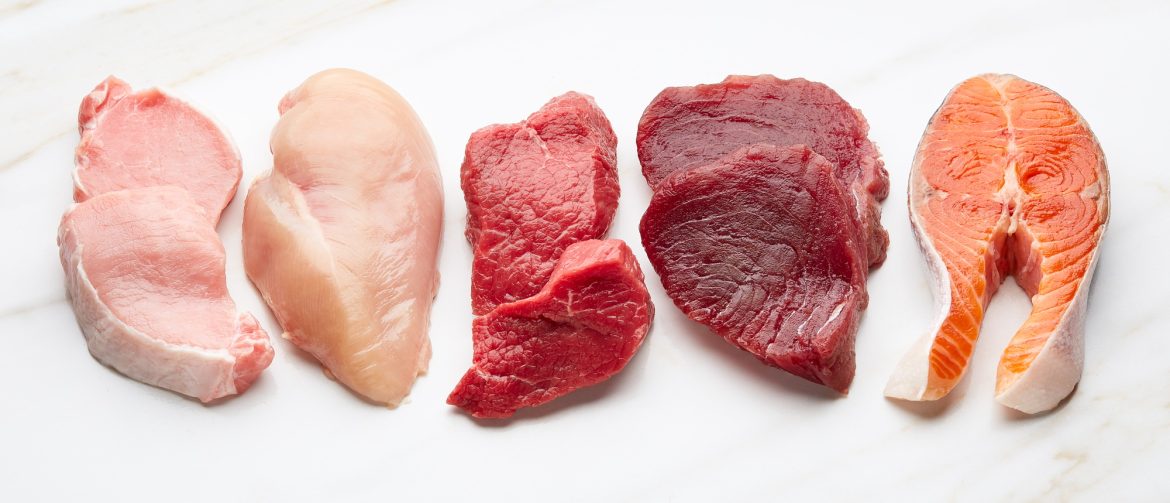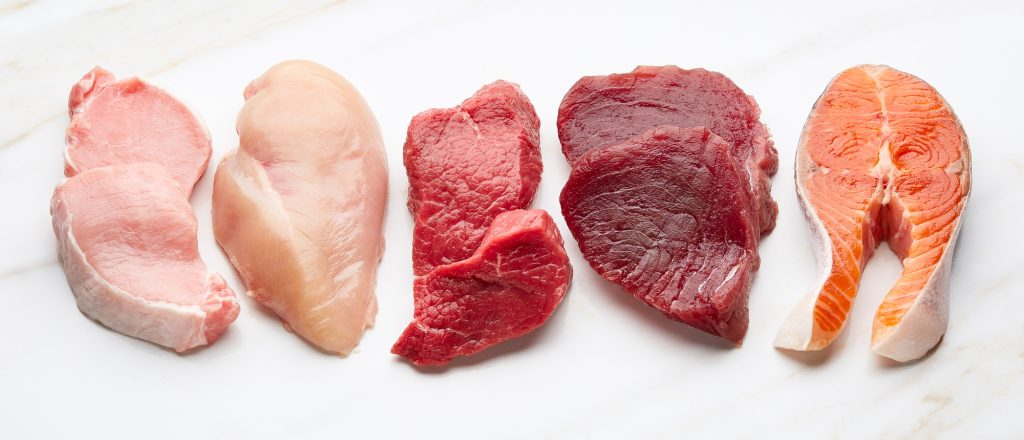
On the keto diet, fats are a crucial part of your daily macronutrient intake. While it’s important to focus on high-quality, healthy fats, there isn’t a definitive list of the best and worst fats for everyone on a keto diet since individual needs and preferences can vary. However, I can provide you with a list of commonly recommended fats that are generally considered beneficial on a keto diet, as well as some fats that are best to be consumed in moderation or avoided altogether. It’s always a good idea to consult with a healthcare professional or a registered dietitian for personalized advice. Here’s a general overview:

Best Fats for the Keto Diet:
- Avocado and avocado oil
- Olive oil (extra virgin is best)
- Coconut oil (virgin or unrefined)
- Grass-fed butter or ghee
- Grass-fed beef tallow
- Macadamia nuts and macadamia nut oil
- Almonds and almond butter
- Walnuts and walnut oil
- Pecans and pecan oil
- Brazil nuts
- Chia seeds and chia seed oil
- Flaxseeds and flaxseed oil
- Hemp seeds and hemp seed oil
- Sesame seeds and sesame oil
- Pumpkin seeds and pumpkin seed oil
- Sunflower seeds and sunflower oil
- MCT oil (derived from coconut or palm kernel oil)
- Lard (preferably from pastured pigs)
- Fatty fish (salmon, mackerel, sardines)
- Full-fat cheese and other dairy products (if tolerated)
Fats to Consume in Moderation:
- Bacon fat
- Duck fat
- Chicken fat
- Nut butters (watch out for added sugars and vegetable oils)
Fats to Avoid or Limit:
- Trans fats (partially hydrogenated oils)
- Vegetable oils (soybean, corn, canola, sunflower, safflower)
- Margarine
- Shortening
- Processed meats (often contain unhealthy fats)
- Commercially fried foods (cooked in unhealthy oils)
Remember, while fats are a significant part of the keto diet, it’s essential to maintain a balanced and varied approach to nutrition, including a wide range of nutrient-dense foods. I hope this article helps.


